Sadie Nine: 'I've had breast cancer twice and now have blood cancer'
- Published
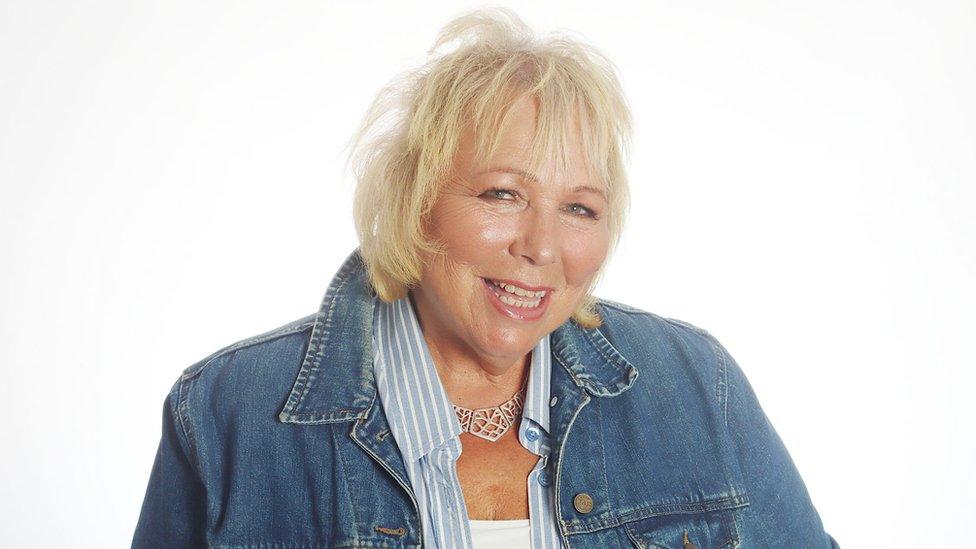
For 18 years, BBC Essex presenter Sadie Nine has had various battles with cancer
For more than 30 years, the singer and entertainer Sadie Nine has been a mainstay of BBC local radio. Since 2005, she has had two bouts of breast cancer, a horrific fall which left her with broken ribs and a ruptured spleen, and now myeloma - a type of bone marrow cancer which unfortunately cannot be cured. Here, in her own words, the BBC Essex presenter shares her hope that talking honestly about cancer can help save lives.

I was asked recently what my biggest achievement has been.
I think my biggest achievement is every time I receive an email, a message or a call from a listener saying they had heard me talking about my own cancer and they decided to get themselves checked out.
It happened dozens of times when I was going through breast cancer and talked about it on air. More than once a listener went to their doctor and a lump was found that needed to be looked at.
I really believe that talking about cancer saves lives.
The first diagnosis I received for breast cancer was in 2005 and it happened again in 2013.
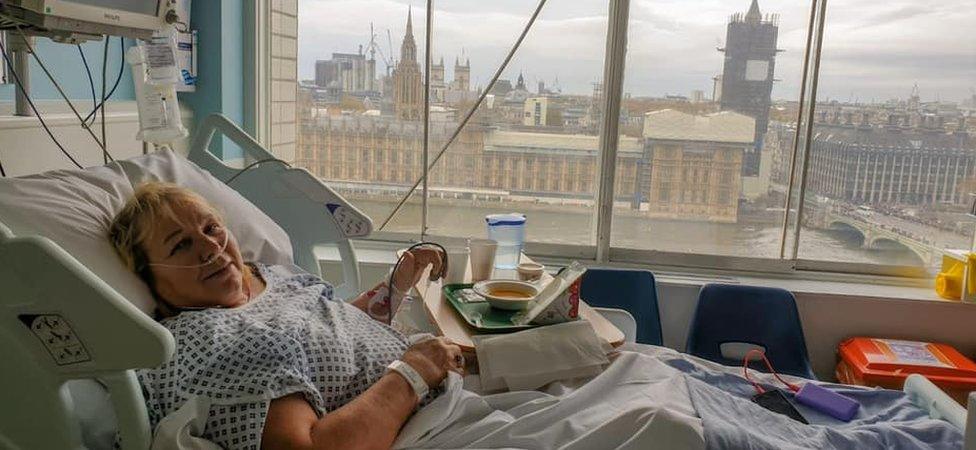
After a fall in 2019, Sadie spent much time in hospital recovering from a ruptured spleen
In 2019 I had a fall which ruptured my spleen. For about three months I was not allowed to move.
More recently I had a blood clot in my arm and have been told I have heart trouble.
It was after my second bout of breast cancer that I learned I had myeloma.
In 2017, a blood test showed I had elevated levels of paraproteins - an abnormal protein produced by plasma cells.
I saw a haematologist who, after a bone marrow biopsy, confirmed I had myeloma.
I'd never heard of it and when I searched online it does seem to be one of the largely forgotten cancers.
There are two kinds of myeloma - multiple myeloma, which is the cancerous condition, and smouldering myeloma, where it is present but it has not yet started to attack the body.
I have smouldering myeloma.
I have not really told many people about it because listeners and those around me worry about me enough as it is. I didn't want to give them fresh cause for concern.
But, perhaps like I did with my breast cancer, it is best to be open about it in the hope that it raises awareness of the condition.

'People don't know about it'
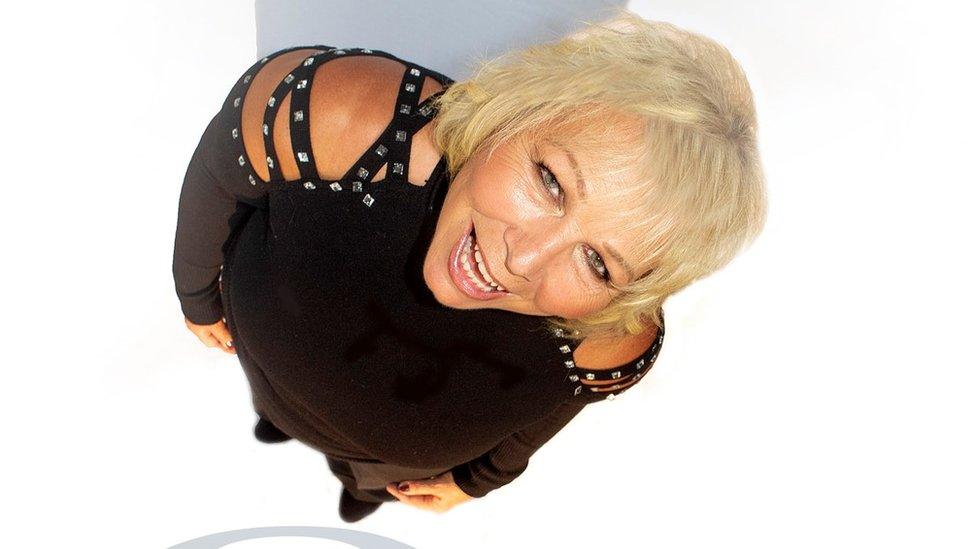
Sadie says having a house extension two years ago will enable her to live on the ground floor if needed
One of the things I've found with myeloma is that people just don't seem to know about it.
I am involved with University College London Hospitals' Cosmos study, which is looking at why some people get smouldering myeloma and why some people go on to get the full disease.
I am having tests every three months, and every three months I just hope I'm still smouldering, as it were.
One of the common symptoms of multiple myeloma is bone pain - particularly in the back and hips.
I do get back and hip pain but, to be honest, it is probably age-related. Even so, I have to keep a close eye on it.
As well as the various medications, I take a vitamin supplement and curcumin.
The other thing we're doing is preparing, should I get multiple myeloma - the symptoms of which can be similar to multiple sclerosis.
Two years ago we had an extension built which would allow me to stay in our home on the ground level.
It is a peace of mind and it means I can live here forever, it is my forever home.

What is myeloma?
Myeloma, also known as multiple myeloma, is a blood cancer arising from plasma cells
At any one time there are about 24,000 people living with myeloma in the UK
It accounts for 15% of blood cancers and 2% of all cancers
Myeloma mainly affects those over the age of 65 - however, it has been diagnosed in people much younger
Source: Myeloma UK, external

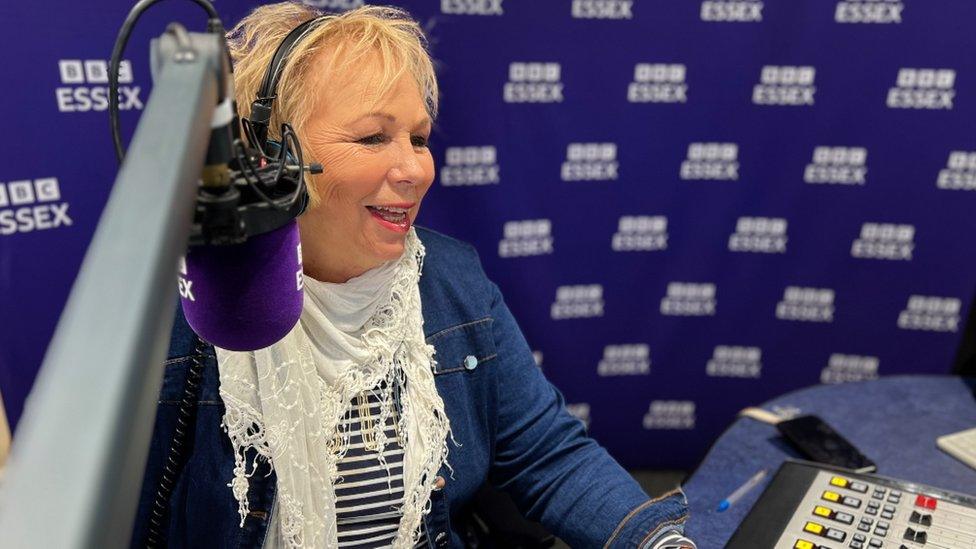
Sadie says she worries when she gets an unexpected pain
As for the myeloma, I certainly don't wake up every morning and think about it. I'd go mad if I did that.
How often I think about it depends on how I am feeling generally.
Obviously if I get a pain somewhere then it worries me - could this be the start of it?
By and large I am, luckily, absolutely fine most days, and I refuse to let it run my life. You just have to get on with it.
The worst part is when you have your blood tests because there is a two-week wait for the results to come back. Those two weeks are really nerve-wracking.

You might also be interested in:

The main issues I have are thinking about how I will be and how I will cope if I develop multiple myeloma.
In the meantime, I hope all of my health experiences have made me a better broadcaster.
I think they have made me more empathetic and, when interviewing people, be better at judging whether to ask certain questions or not.
When people are sharing their feelings about really difficult experiences, I think it helps that I've been there too.
And one of the positives to come out of my experiences is that I am able to speak about them very openly. I've been able to say, "Yes, it is horrible and I don't want other people to go through it, and if people have something that is concerning them they should go and get it checked out."
Best of all, many people have gone and had things checked out and cancers have been caught early as a result.

Find BBC News: East of England on Facebook, external, Instagram, external and Twitter, external. If you have a story suggestion email eastofenglandnews@bbc.co.uk, external
- Published16 November 2022
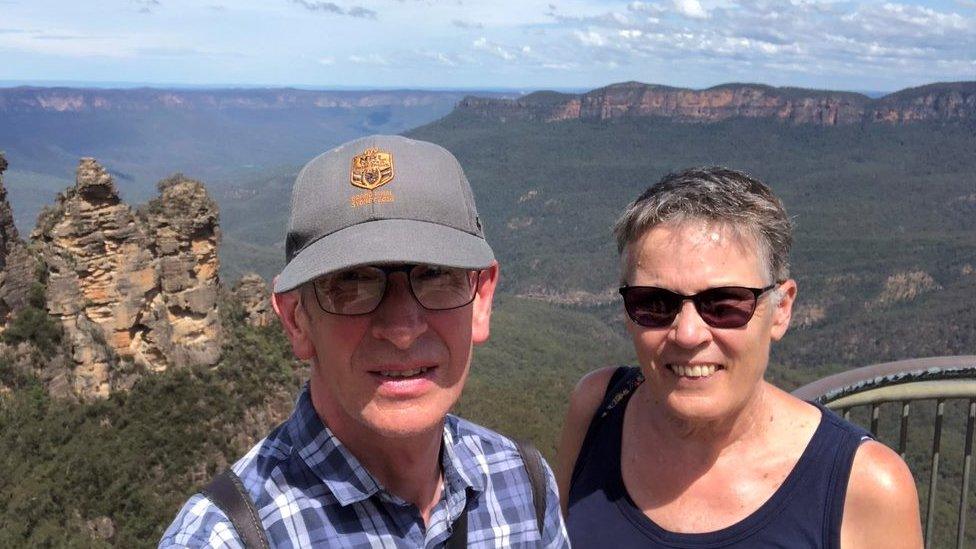
- Published28 July 2022
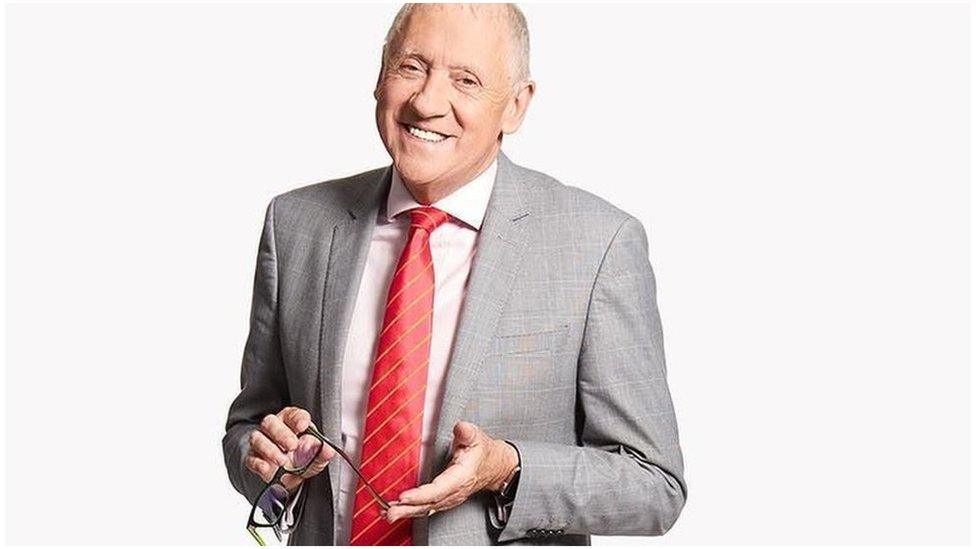
- Published7 April 2022
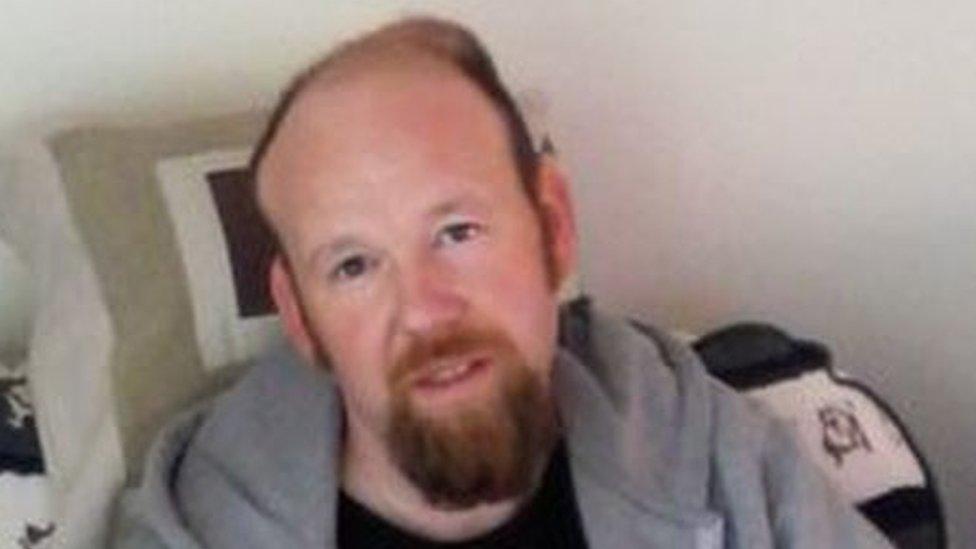
- Published2 March 2022
